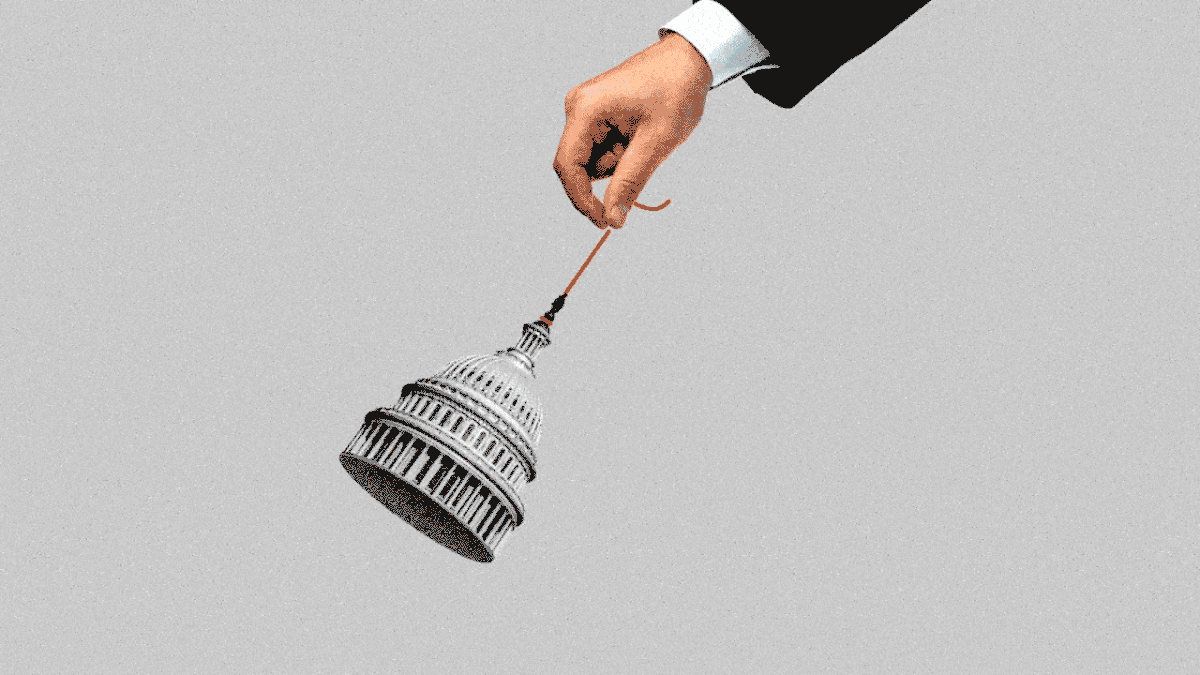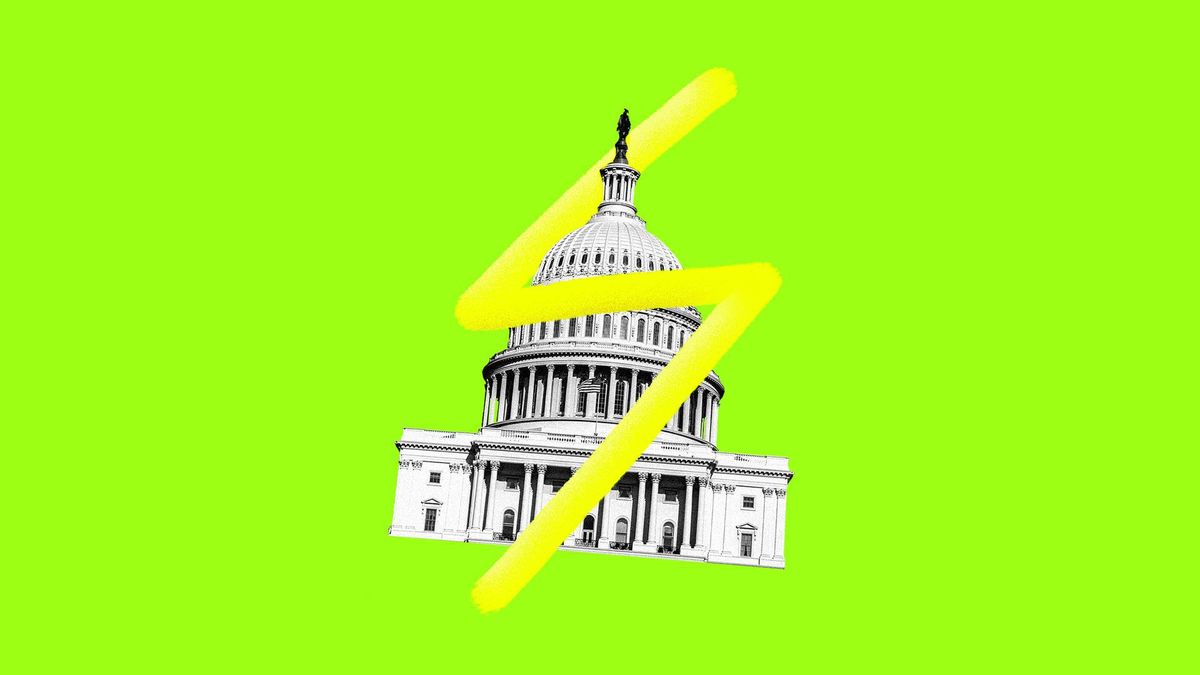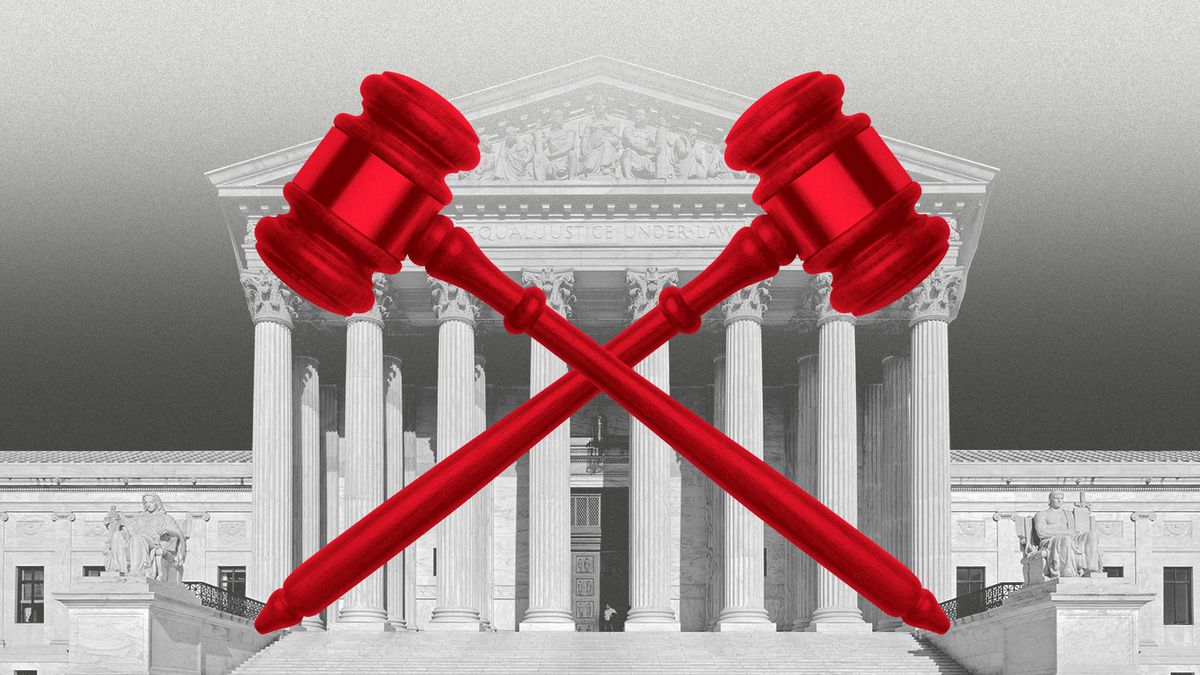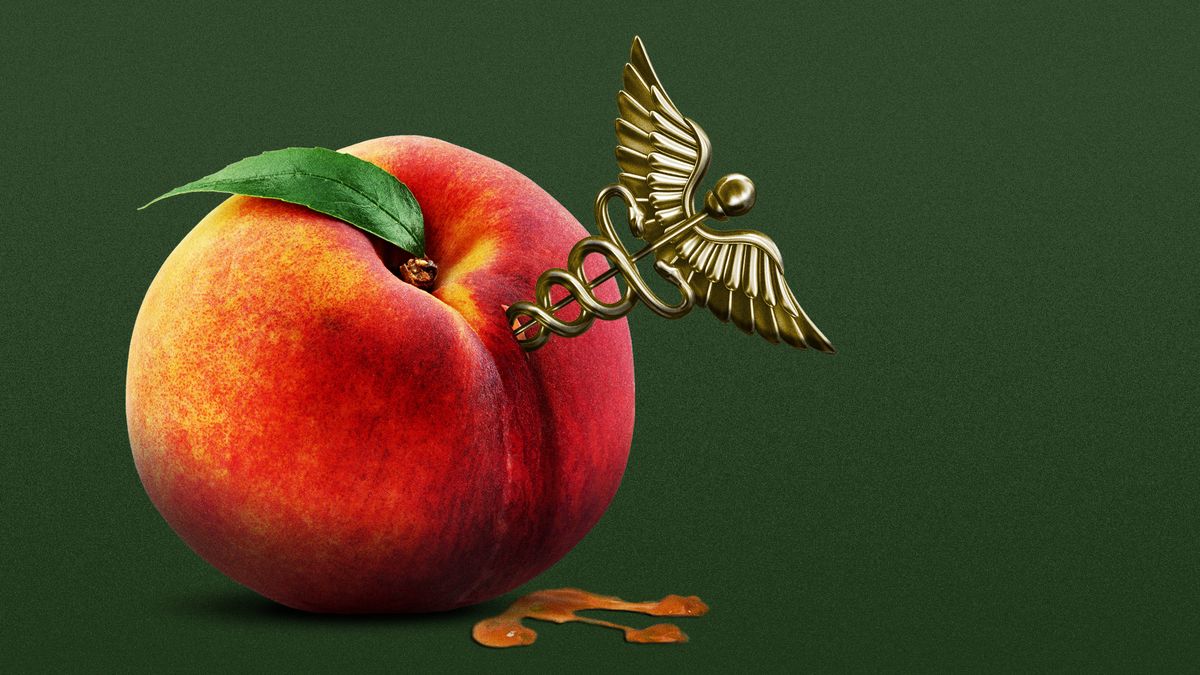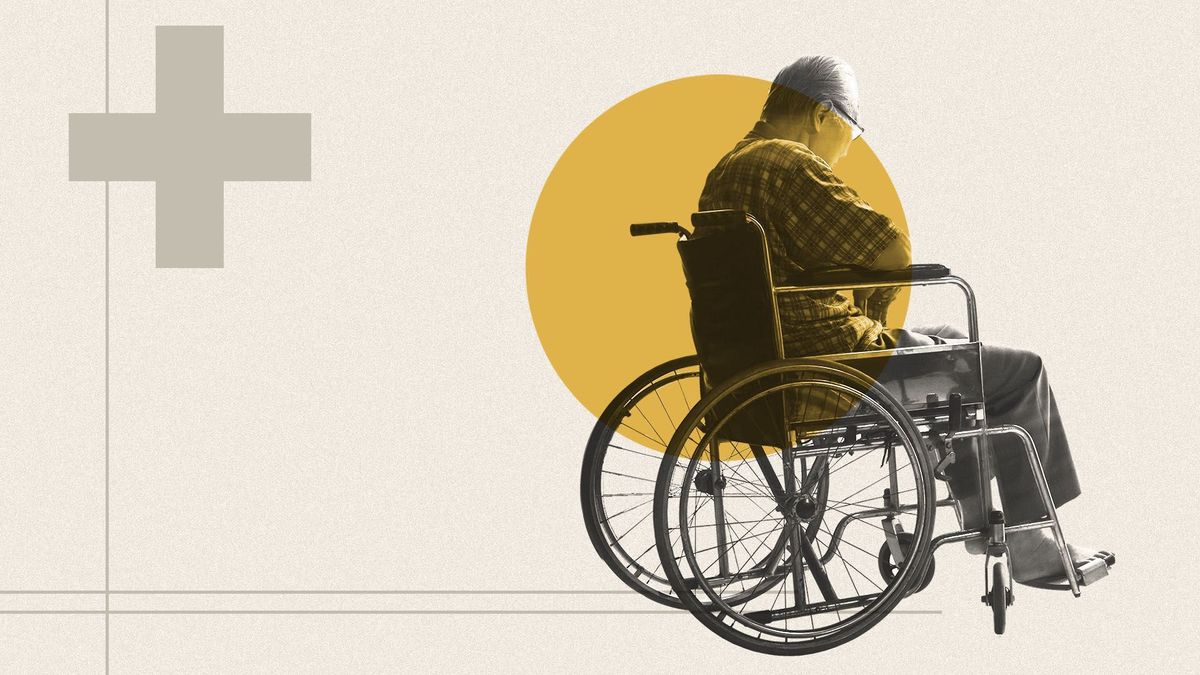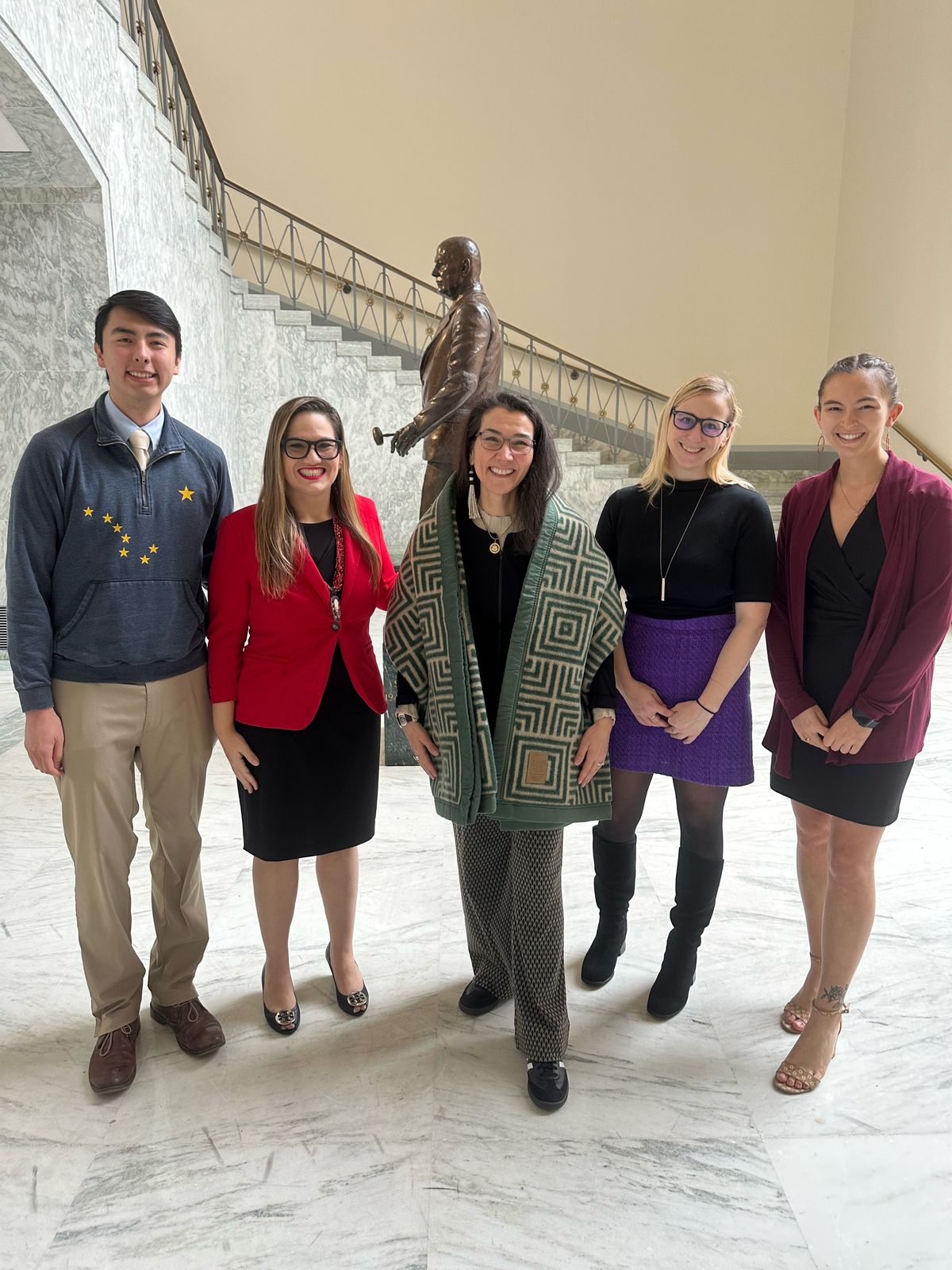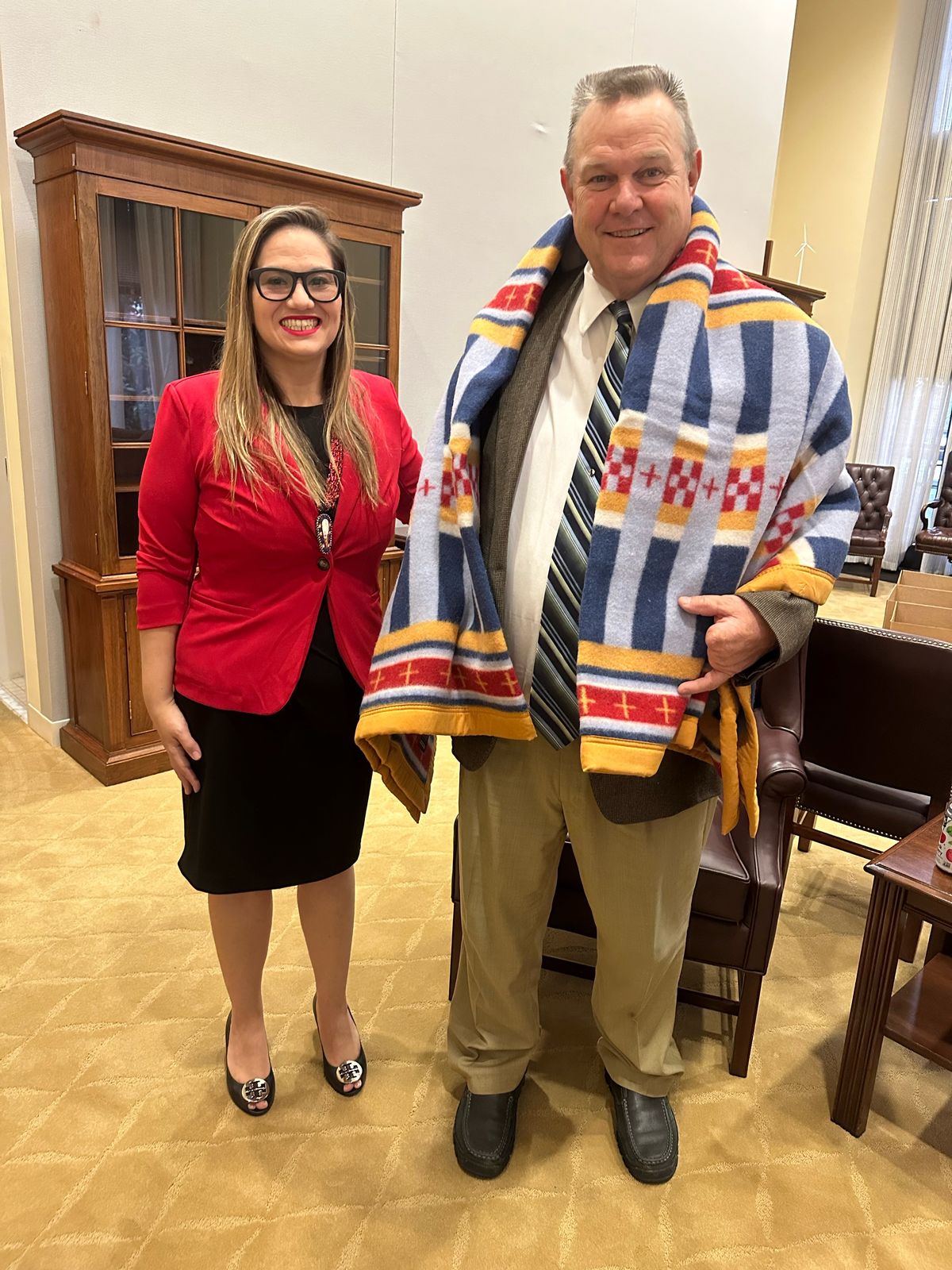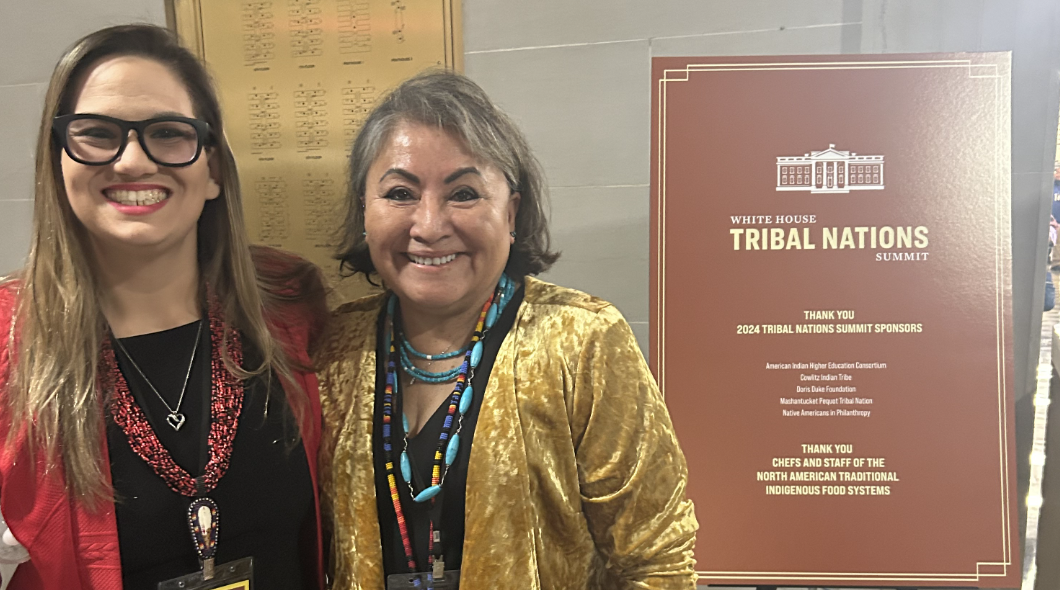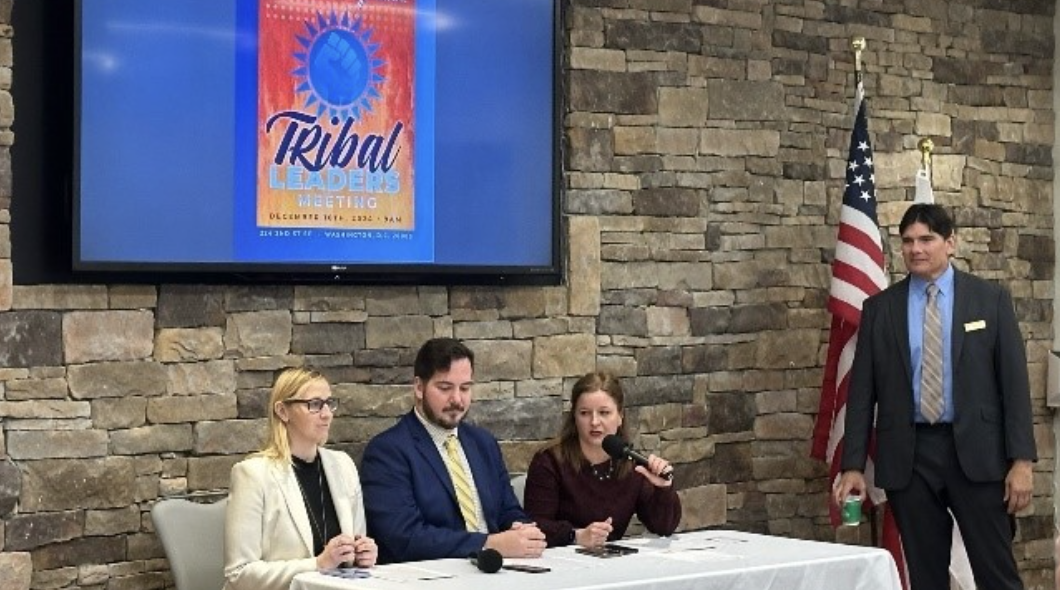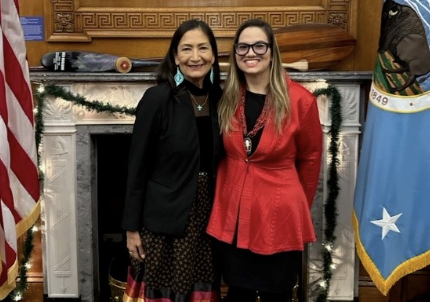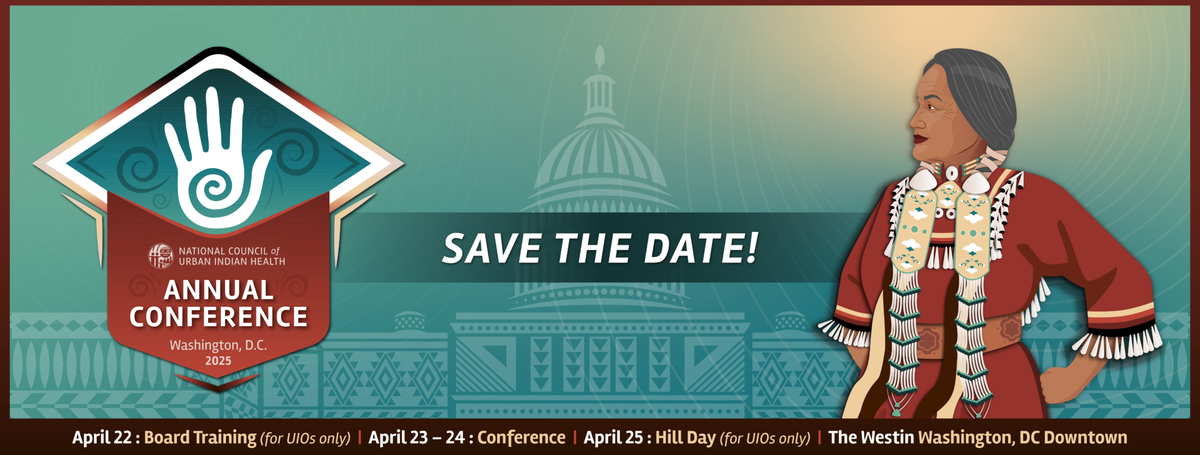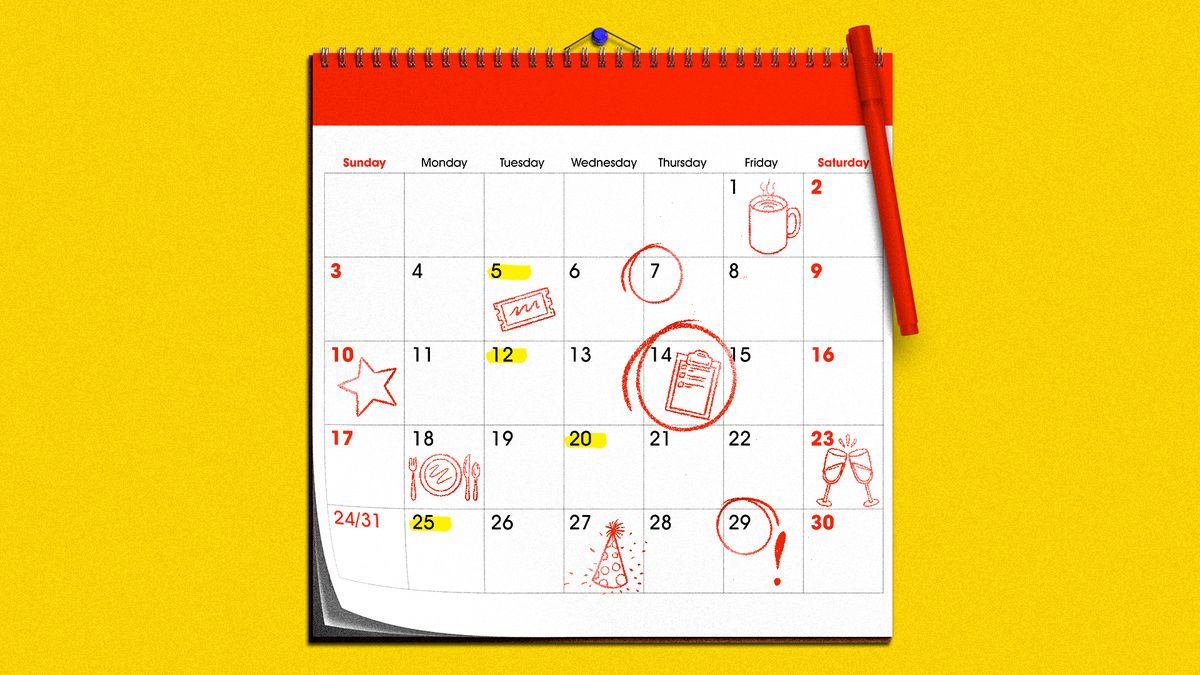NCUIH Calls for Improved EHR Training and Support for Urban Indian Organizations During IHS Health Information Technology Modernization Implementation
On December 6, 2024, the National Council of Urban Indian Health (NCUIH) submitted written comments to the Indian Health Service (IHS) Director, Roselyn Tso, regarding IHS January 18, 2024, Dear Tribal Leader and Urban Indian Organization Leader letter (DTLL/DULL) and the November 7, 2024, joint Tribal Consultation and Urban Confer (TC/UC) session on Health Information Technology (HIT) Modernization Site Readiness and Training. In its comments, NCUIH recommended that IHS support Urban Indian Organizations (UIOs) pre- and post-go-live of the new electronic health record (EHR) by providing training that does not disrupt facilities’ operations and reflects real-life scenarios
Background on HIT Modernization
On November 8, 2023, TC/UC on HIT Modernization, IHS announced that it selected General Dynamics Information Technology, Inc. (GDIT) to build, configure, and maintain a new IHS EHR system utilizing Oracle Cerner technology. The new EHR, named Patients at the Heart (PATH), will replace the Resource and Patient Management System (RPMS).
For more information about HIT Modernization implementation, please click here.
NCUIH’s Requests
In its comments following the TC/UC, NCUIH submitted the following requests and recommendations to IHS:
- Support UIOs pre- and post-go-live by providing training that does not disrupt facilities’ operations and reflects real-life scenarios
- Ensure HIT Modernization implementation is equitable and inclusive for all facility types and sizes pre- and post-go-live
- Continue to engage with UIOs through Urban Confer sessions to understand the site-level needs that IHS should consider when designing and deploying the PATH EHR
- Continue to provide an updated timeline of the PATH EHR implementation
NCUIH Advocacy on HIT Modernization
NCUIH has previously submitted several comments to IHS on HIT Modernization:
- NCUIH Submits Comments to IHS on Health Information Technology Modernization (April 20, 2022)
- NCUIH Submits Comments to IHS on Resource and Patient Management System Replacement and Health Information Technology Modernization Focus Groups (June 3, 2022)
- NCUIH submitted comments to IHS regarding HIT Modernization: Preparing for Change (April 7, 2023)
- NCUIH Requests IHS Support Interoperability, Reimbursement for Health IT Modernization (June 9, 2023)
- NCUIH submitted comments to IHS regarding HIT Modernization Leaders Engaging in Governance (September 1, 2023)
- NCUIH submitted comments to IHS regarding HIT Modernization The Path Forward (December 8, 2023)
- NCUIH Requests Inclusive Governance and Equitable Cohort Selection for Urban Indian Organizations in IHS’ Health Information Technology Modernization Efforts (March 7, 2024, and June 7, 2024)
- NCUIH Requests IHS Support All Facility Types and Integrate Social Services into the New IHS Electronic Health Record System (September 6, 2024)
NCUIH also submitted written testimony to the House Appropriations Subcommittee on Labor, Health and Human Services, Education, and Related Agencies regarding the fiscal year (FY) 2024 funding for UIOs in which NCUIH requested increased funding for EHR Modernization. Specifically, NCUIH requested support for the IHS’ transition to a new EHR system for IHS and UIOs by supporting the President’s budget request of $913 million in FY 2024 appropriations.
NCUIH will continue to closely follow IHS’s progress and policies with HIT Modernization.

